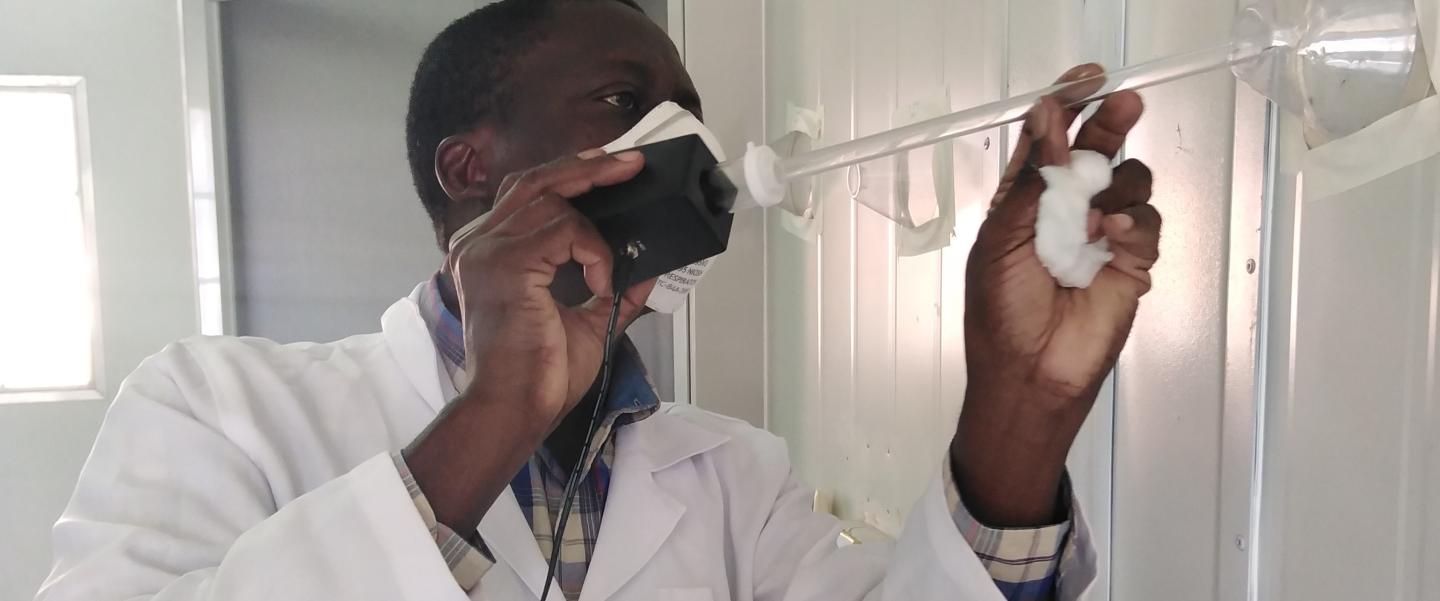HIGHLIGHTS
- Malaria caused an estimated 608,000 deaths globally in 2022, with an estimated 249 million cases worldwide; African countries are hardest hit.
- Indoor residual spraying and insecticide-treated nets help reduce the malaria burden.
- Entomological surveillance is critical to understanding the challenges that undermine sustained progress in the fight against
PROJECT
PMI Evolve
The Challenge
The World Health Organization estimates that about 608,000 people died from malaria in 2022, a slight decrease from the prior year, but still higher than before the onset of the global COVID-19 pandemic. Young children and pregnant women are among the most vulnerable to the disease, especially in Africa, which accounts for 96% of malaria deaths and 95% of illnesses.
Before the pandemic, investments in malaria vector control interventions by the U.S. President’s Malaria Initiative (PMI), the Global Fund, and country governments had resulted in major reductions in morbidity and mortality. However, progress has slowed since 2020, and new threats are emerging. These include mosquitoes’ increasing resistance to the insecticides used in vector control measures, the spread of the invasive Anopheles stephensi mosquito within Africa, and climate changes that affect the geographical range, intensity, and seasonality of all vector-borne diseases.
The Results
In its first year, PMI Evolve conducted IRS campaigns in four countries—Madagascar, Malawi, Rwanda, and Zambia—protecting 4.8 million people from malaria; and distributed 2.7 million ITNs in Zambia, protecting 5.4 million people, while supporting the country’s nationwide ITN campaign that distributed more than 11.5 million ITNs. The project also worked with national malaria programs (NMPs) to support school-based distribution of ITNs in Ghana, Senegal, and Sierra Leone, and routine distribution of ITNs through health facilities in Senegal. The project supported ITN durability monitoring in 10 countries, an activity that generated valuable data on ITN performance to aid countries’ decision-making around future ITN deployment. PMI Evolve worked with NMPs to support entomological monitoring of vector bionomics in 160 sites and for insecticide resistance in 280 sites.
Learn more:
